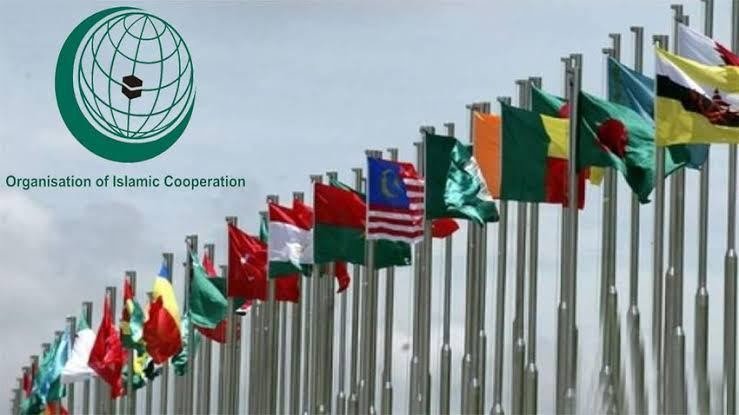Ahmed Khan
The latest announcement from the International Monetary Fund (IMF) on July 12 indicates that Pakistan is on the verge of entering into a 37-month Extended Fund Arrangement (EFF) with the IMF. This comprehensive program, endorsed by both federal and provincial governments, could provide support in the amount of SDR 5,320 million (approximately US$7 billion at current exchange rates) subject to approval by the IMF’s Executive Board and confirmation of necessary financing assurances from Pakistan’s development and bilateral partners.
Unlike the standby arrangement (SBA), the EFF program not only aims at macroeconomic stabilization but also focuses on fostering economic growth. With Pakistan currently facing significant financing needs due to debt repayment requirements and a persistent current account deficit, the EFF program is expected to address these challenges. According to a report by BMI, a Fitch Solutions company, the country’s economic growth has been hovering around 3%, with projections indicating a modest increase to around 3.5% over the next decade. This potential for growth should inspire optimism about Pakistan’s economic future.
However, concerns have been raised regarding Pakistan’s debt sustainability. The IMF’s previous staff report underscored the country’s substantial gross financing requirements, projecting an average of $24.8 billion per fiscal year from FY2024-25 to FY2028-29. The decision to enter into the EFF program will undoubtedly add to these financing needs, as repayment terms are set to be spread over a period of 4½–10 years in 12 equal semiannual installments.
A recent Financial Times article by Murtaza Syed, former acting governor of Pakistan’s State Bank, highlighted the absence of any mention of debt sustainability in the IMF’s press release, expressing concerns about the country’s ability to meet its financing requirements. It is evident that the success of the EFF program will heavily rely on its ability to stimulate economic growth, boost domestic production and exports, and attract foreign direct investment.
Pl subscribe to the YouTube channel of republicpolicy.com
To achieve these objectives, the conditionalities of the EFF program need to shift towards being counter-cyclical, focusing on policies that promote restrained austerity rather than exacerbating it. The detrimental effects of overbearing austerity measures have already been felt in Pakistan, with low economic growth and soaring bank profits. High borrowing costs and inflation rates further compound the challenges faced by the private sector, as evidenced by the dwindling domestic credit to the private sector.
The escalating costs of repayments, particularly in light of the increased Special Drawing Rights (SDR) interest rate, are anticipated to further strain Pakistan’s already burdensome financing requirements. This impending financial burden calls for a cautious approach not only within Pakistan but also on a global scale, emphasizing the detrimental impact of pro-cyclical and overboard austerity measures on the global economy, especially for developing countries.
The rising costs of IMF repayments coupled with the escalating SDR interest rates highlight the urgency for strategic policy adjustments to mitigate the impact on Pakistan’s economy. As part of a broader global initiative, the need for resilience against existential threats, including climate change and geopolitical tensions, necessitates a reevaluation of the prevailing austerity-focused economic policies. This urgency should be felt by all involved in Pakistan’s economic planning.
Concludingly, as Pakistan prepares to embark on the EFF program with the IMF, it is crucial to remember that careful policy considerations will be essential to address the country’s financing challenges, mitigate the impact of rising repayment costs, and pave the way for sustainable economic growth. The weight of these decisions should be felt by all involved in Pakistan’s economic planning.
















